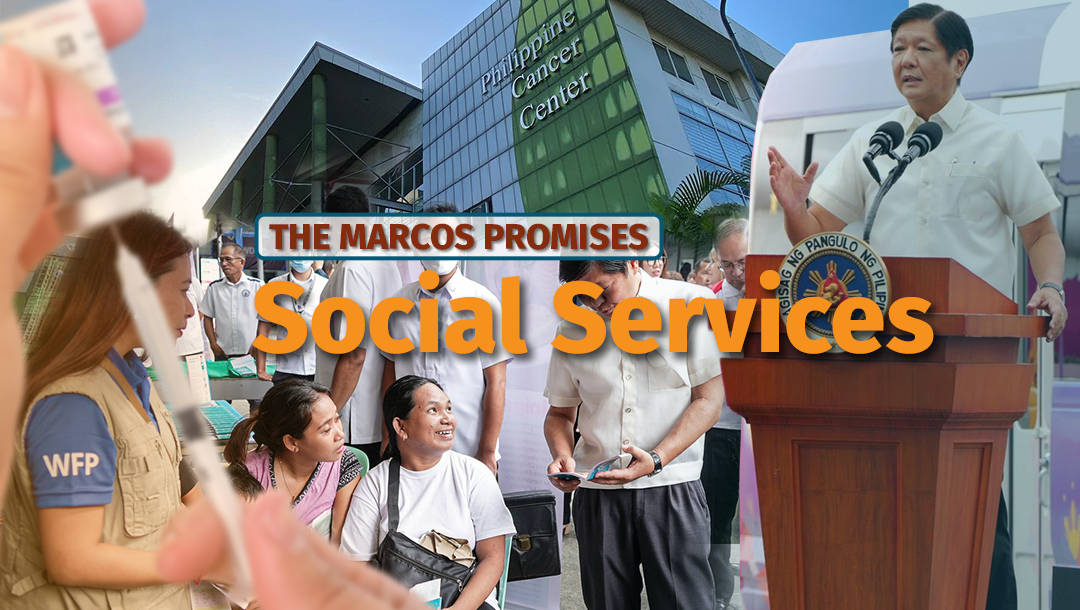Three years after President Ferdinand Marcos Jr. vowed to enhance the country’s food security by revitalizing the agriculture industry, eight of his 17 agriculture-related promises are still in progress, six have been fulfilled and three priority legislations were stuck in limbo.
In his 2024 State of the Nation Address, he highlighted the challenges faced by Filipinos amid the rising food prices and vowed to prioritize enhancing local production. Among eight agriculture-related promises from last year, only one has been fulfilled. The other seven remain in progress.
Marcos has been vocal about his “aspiration” to bring down rice prices to as low as P20 per kilo since he was campaigning for the presidency in 2022. To stay true to his words, the chief executive, who was also Agriculture secretary from July 2022 to November 2023, and the Department of Agriculture have been consistent in launching and opening Kadiwa stores nationwide, where rice is available at P20 per kilo.
In an interview in August 2024, Agriculture Secretary Francisco Tiu Laurel Jr. said he was aiming to launch 800 to 1,000 permanent Kadiwa stores in the remaining years of the Marcos administration. Many stakeholders and critics, however, question the effectiveness of this program for supposedly being a mere “band-aid solution” to a complex problem.
While P20/kilo rice is available in Kadiwa markets, the average price of local commercial rice in Metro Manila still ranges from P38 to P57 per kilo. In February, the “extraordinary” rise in the prices of rice prompted the DA to issue a food security emergency to bring these down.
Some of the ongoing agriculture projects have also faced implementation delays. As the Marcos administration continues its government-controlled vaccination program against African Swine Fever, the commercial rollout of the vaccines initially targeted to start by April 2025 was moved back to late 2025.
Likewise, while a joint administrative order had been issued by the Committee on Pre-border Technical Verification and Cross-border Electronic Invoicing to implement a new system that will streamline import procedures and fortify border security, the Bureau of Customs has yet to publicize its own administrative order that will jumpstart the first phase of implementation.
In the last three years, Marcos also pushed for the amendment of the Cooperative Code and the Fisheries Code, as well as the enactment of a National Land Use Act. The bills, however, had little to no progress in Congress.
Take a closer look at how the president has fared in his promises related to agriculture:







